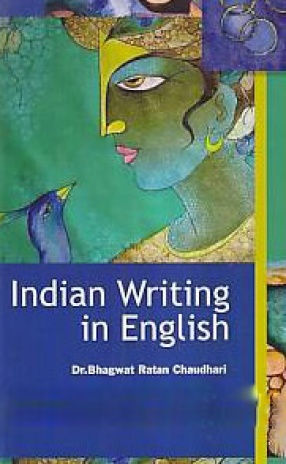Feminism recognizes and takes action against dominance and discrimination made on the basis of sex and gender by patriarchy. Indian Feminism in all its perspectives aspires for a unified wholeness rather than maintaining separatist attitudes like that of Western Feminism. Indian women movement has never become feminist. The problems of women are never treated on the basis of a particular sex but are considered as a social problem which needs to be dealt with each member of the society. It does not believe in destroying the established order, rather, tries to make every member of the society assist and cooperate in establishing a society congenial for everyone and specially for the age-old deprived lot. In this way, Feminist Movement in India has kept itself free of tensions of sex confrontation and violence of sex-war.
Contents: Foreword. Preface. 1. Feminism and its perspectives. 2. Kamla Das: a woman speaks. 3. Anita Desai: demanding freedom asserting personhood. 4. Shashi Deshpande: attaining womanhood. 5. Arundhati Roy: the plight of Subaltern an on going Dilemma. Bibliography. Author Index. Subject Index.






There are no reviews yet.